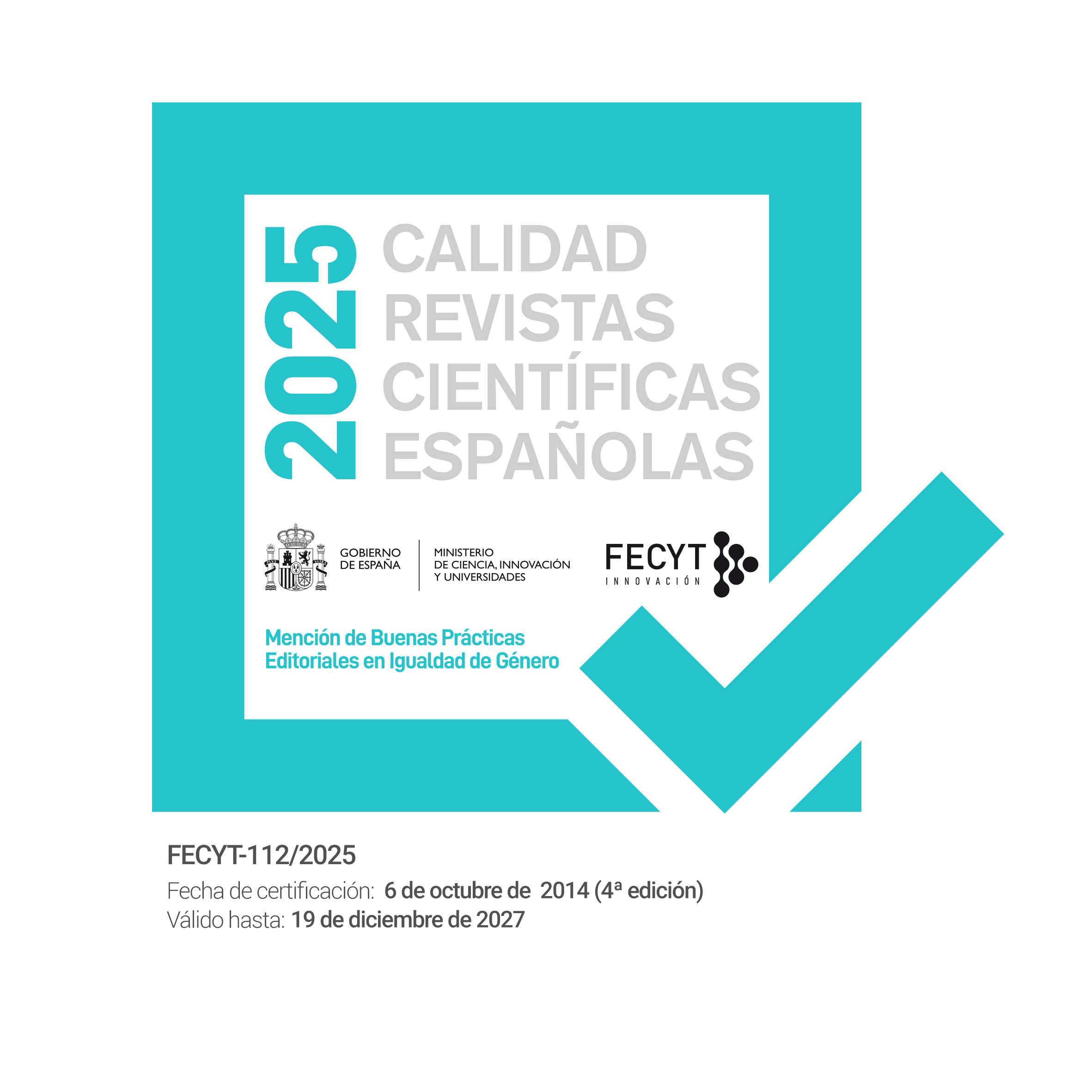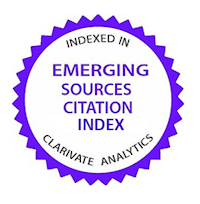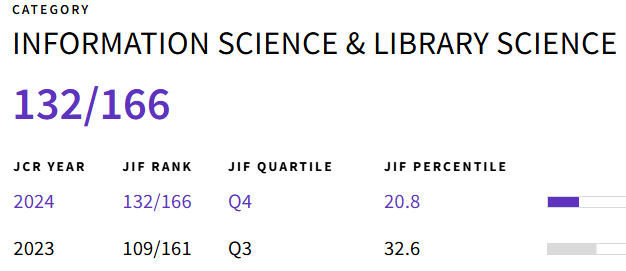RDFa 1.1 Primer: Rich Structured Data Markup for Web Documents.
Abstract
The last couple of years have witnessed a fascinating evolution: while the Web was initially built predominantly for human consumption, web content is increasingly consumed by machines which expect some amount of structured data. Sites have started to identify a page's title, content type, and preview image to provide appropriate information in a user's newsfeed when she clicks the "Like" button. Search engines have started to provide richer search results by extracting fine-grained structured details from the Web pages they crawl. In turn, web publishers are producing increasing amounts of structured data within their Web content to improve their standing with search engines. A key enabling technology behind these developments is the ability to add structured data to HTML pages directly. RDFa (Resource Description Framework in Attributes) is a technique that allows just that: it provides a set of markup attributes to augment the visual information on the Web with machine-readable hints. In this Primer, we show how to express data using RDFa in HTML, and in particular how to mark up existing human-readable Web page content to express machine-readable data. This document provides only a Primer to RDFa 1.1.Downloads
Metrics
-
Abstract829
-
PDF (Español (España))580
Las obras que se publican en esta revista están sujetas a los siguientes términos:
1. El Servicio de Publicaciones de la Universidad de Murcia (Editum) conserva los derechos patrimoniales ('copyright') de las obras publicadas, y favorece y permite la reutilización de las mismas bajo la licencia de uso.
2. Las obras se publican en la edición electrónica de la revista bajo la licencia Creative Commons Atribución Internacional CC BY 4.0. Se puede copiar y redistribuir el material en cualquier medio o formato y remezclar, transformar y crear a partir del material para cualquier finalidad, incluso comercial.







